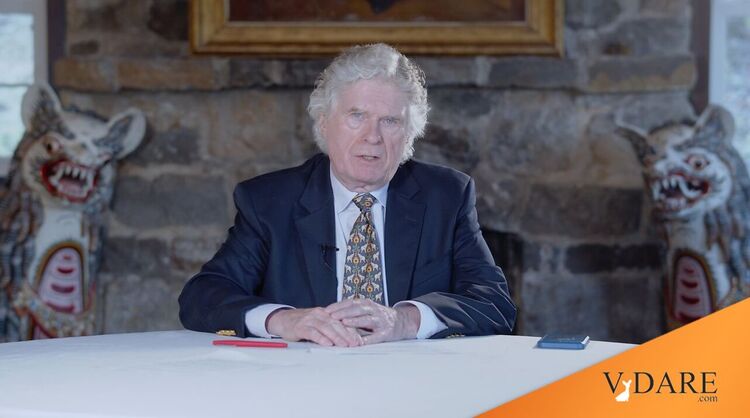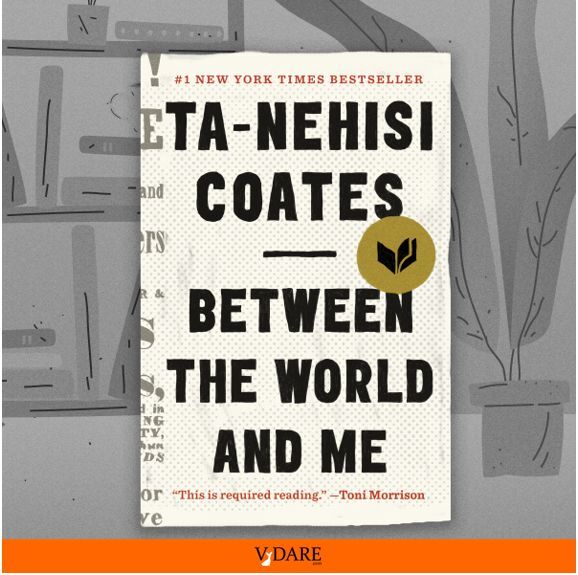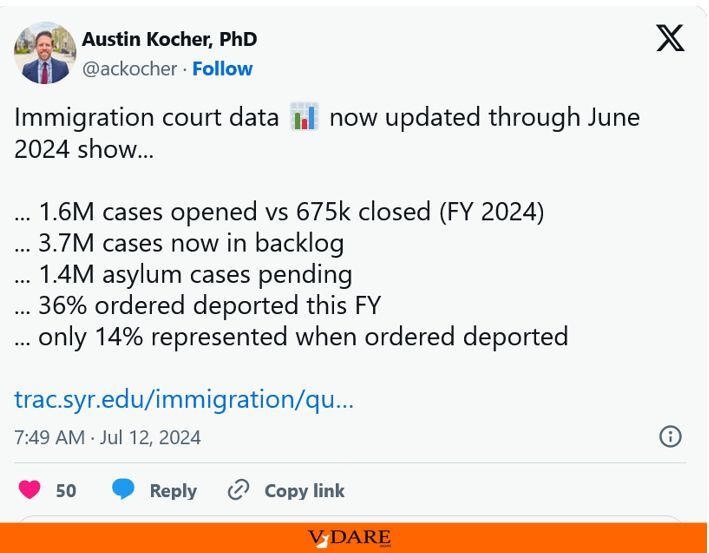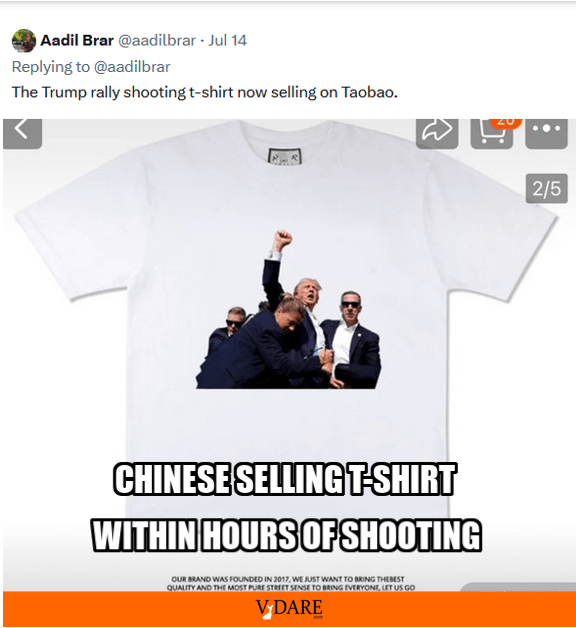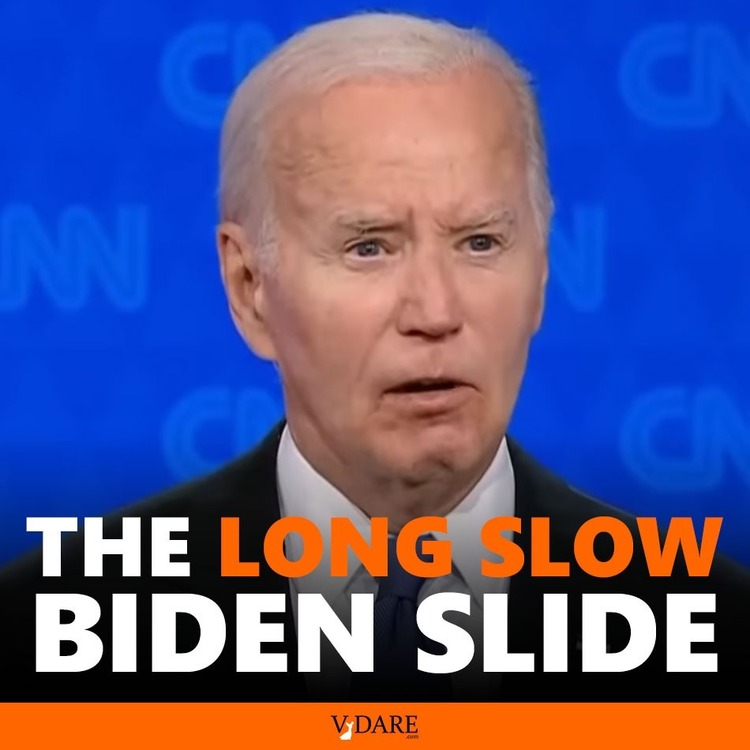From the NYT Upshot page:
A Rise in Murder? Let’s Talk About the Weather
The correlation between heat and crime suggests the need for more research on shootings in American cities.
By Jeff Asher
Sept. 21, 2018The national murder rate reached a modern low in 2014, capping a quarter-century decline. Then it rose across the United States in 2015 and 2016. Why gun violence increased in those two years remains somewhat of a mystery, and no single factor is likely to explain it, but there is one potential contributor that is rarely talked about: weather.
Temperatures across the country were higher on average in those two years than they were in 2014. The relationship between temperature and crime has been discussed for decades. Fewer people are murdered in America during colder months than during warmer ones.
In the case of 2015 and 2016, it may be a small part of the story, but the broader correlation of weather and crime merits more research. …
The effect of warmer weather on rising gun violence in 2015 and 2016 in any individual city might have been small, but all told across the nation, it might have been significant. If you look at national murder data from 2000 to 2016 and compare it with the average annual temperature across the United States per year, you could predict a national rise or fall in murder using just the average annual temperature in 11 of 16 years.
… Warmer weather can’t really explain big increases in murder in Chicago or Baltimore in 2015 and 2016 — or in Orlando, where the Pulse nightclub mass shooting took place.
The F.B.I. will release its Uniform Crime Report data for 2017 on Monday, and indications are that murder will have fallen slightly.
In my Taki’s column back on January 10, 2018, I added up from local newspaper reports the 2017 homicide toll in the 50 biggest cities and came up with a 2% drop vs. 2016.
This would match a slight drop in the national average annual temperature last year, although it’s not clear what role, if any, weather might have played.
Gun violence in Chicago has also fallen over the last year and a half, with declines for 16 straight months. Murder is down 20 percent so far this year in the city. But the weekend of violence Aug. 3 through 5 — when at least 74 people were shot and 12 were killed — was a reminder of how grim it can get in Chicago during the summer. That suggests the need for more research and better data on shootings in American cities to understand how weather affects gun violence.
Uh, sure, but how about looking squarely at the Ferguson Effect?



